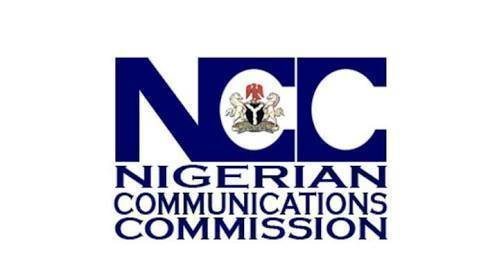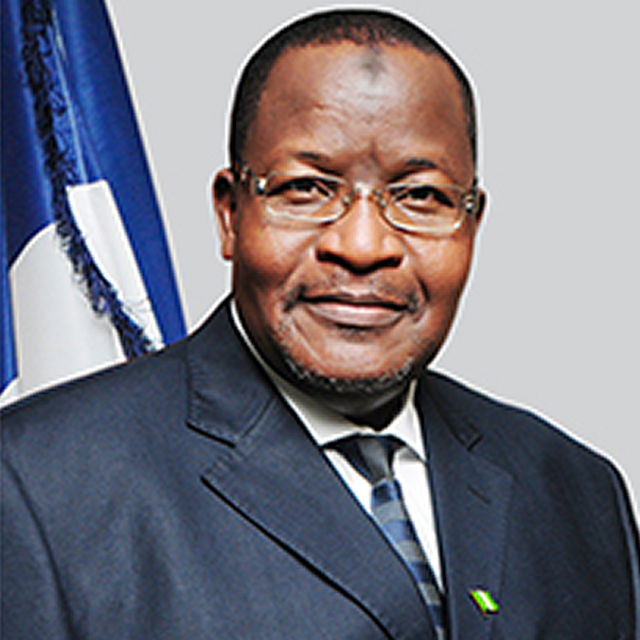Pioneer investor in Information and Communications technology (ICT) and chairman of Zinox Technologies, Leo Stan Ekeh has opened up on his rise to stardom in the industry, saying “Technically, I pioneered IT in the country about 30 years ago”.
Giving insights on the tortuous growth of the industry while conducting visiting executives from Google during the unveiling of TD’s new office outlet in Computer village, Ikeja, he said “I brought the likes of HP which currently owns about 60% share of the market to Nigeria”.
“Same for the likes of Compaq, Apple, Lenovo and Microsoft among others. Nigeria is not as bad as it’s talked about globally. We are very hospitable people. We appreciate foreigners. We want them to come in here to do business and the Government protects you; even the corporate bodies and individuals protect you,” Ekeh said.
The tour of Computer Village provided a useful opportunity for the team to feel the pulse and garner a first-hand experience of the daily hustle, sheer scale and volume of transactions, immense opportunities and potential that abound in the Otigba market super-structure which represents a fitting microcosm of Nigeria’s growing ICT sector.
Ekeh who shared insights from his over three-decades of serial digital entrepreneurship urged the visiting team to see the numerous opportunities that abound from structured investments in the Nigerian ICT sector.
Continuing, he told Google officials lead by the President of EMEA Business & Operations for Google, Mathew John Brittin, that “Nigeria is not as bad as it’s talked about globally. We are very hospitable people. We appreciate foreigners”.
“We want them to come in here to do business and the Government protects you; even the corporate bodies and individuals protect you.
“When you have a country like Nigeria with a lot of resources and human capital that is largely untapped, the potential is huge. For instance, Google can invest a little bit on human capital, say in three universities in diverse regions in Nigeria and create an incubation hub to train human capital or what I call finishing school.
“The guys have the basic but they need to see the global big picture to learn coding and other associated skills. It doesn’t cost a whole lot. People like us have been doing it over the years to bring up most of the people you’ve seen here.”
Speaking more on the performance of TD, Africa pioneered ICT distributors in Nigeria and recently throughout Africa, Ekeh recalled that the company made about $45m within its first year of operations based on personal guarantee and integrity.
He also cited the examples of other partners such as SLOT Systems and Transsion Holdings, best known for its leading mobile brands including TECNO, itel and Infinix who have prospered from their ambitious tech investments in Nigeria.
In his remarks, Brittin said Google is firmly committed to deepening its footprints in Nigeria.
“We have been in Nigeria for seven years with a small team of experts, all Nigerians who are passionate about making Nigeria making the most of the digital world. We share the view about the numerous opportunities in Nigeria for Nigerians.
“Three things are top of mind for us: the first is access so we have been part of the explosive growth of TECNO, Infinix and others with Android. This is something we are very proud of. I own some of these devices and I can see that they are very great devices so we appreciate them. How we can help with the explosion of access to make the internet a certain reality for everyone is a key thing that we are focused on here and that includes making our products and services work better on lower cost connections.
“Second is the computing revolution with smarter tools that work for everybody. If you can’t read and can’t spell, that’s our problem. We want you to be able to talk to us and we’ll give you an answer in your language. We are really working hard on making the next generation of tools better for everyone and also helping local developers do the same. We’ve funded some universities with free apps and we are trying to do more around developing a launch pad programme here to help local developers build local apps that can power the next generation of entrepreneurs and successful businesses here.
“The third thing and which is really important to us is education. We have piloted over the last year, here in Nigeria, programmes on basic digital skills for everyone: individuals, SMBs, developers and we set out with an aim to train 400,000 in a year. We’ve trained 600,000 with some government support and encouragement and we are looking at what we can do to take that further into the future. We look forward to the next chapter of our partnership with all of you,” Google boss averred.









